Home » Is Kratom Legal in New Mexico?
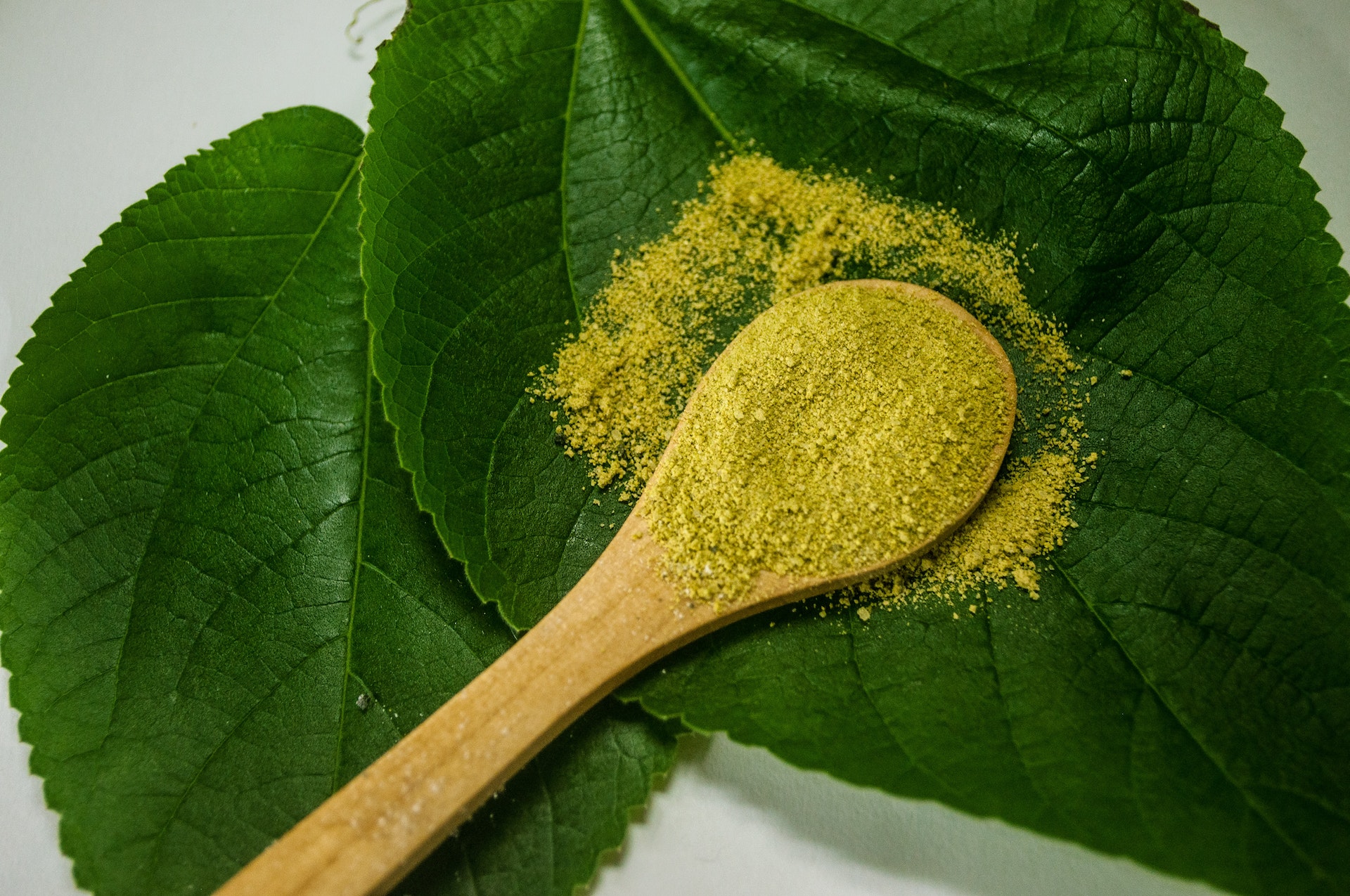
Is Kratom Legal in New Mexico?
- Anthony Dent, Founding Member
- No Comments
Kratom, scientifically named Mitragyna speciosa, has been used in traditional medicine for centuries. Today, it’s often touted for mood enhancement, overall relaxation, alleviation of day-to-day discomfort, and other potential wellness benefits. The main concern for many people in the state of New Mexico, however, lies in its legality, with many wanting to know if kratom is legal in New Mexico. As this ethnobotanical plant gains traction, its legal status in individual states across the US is gaining more focus.
This blog post aims to provide an in-depth look into the current legal landscape surrounding kratom in the state and offer insights for those keen on learning more about kratom. You’ll learn more about its current legal status, past and potential changes in legality, regulation attempts across the state, the future outlook of kratom, tips on buying kratom, and where to buy kratom in Albuquerque and other cities.
Kratom’s Current Legal Status
So, is kratom legal in New Mexico? Many enthusiasts have been asking, given kratom’s tumultuous journey in the United States. This journey has seen the plant face scrutiny in some states and open acceptance in others. In New Mexico, there is a semblance of balance. At the state level, kratom is unregulated, which provides a sigh of relief for many enthusiasts. This status means that there are no stringent rules governing its sale, purchase, or possession. Both residents and tourists can confidently buy different kratom strains without fear of legal repercussions.
However, this state-wide acceptance doesn’t necessarily translate to uniformity across all counties or cities. Some municipalities may opt for their own set of rules, which can be more restrictive than the state’s stance. This can create pockets of differences in legal status within the state. For instance, while the state might not mandate age restrictions, a particular city might. Therefore, frequent checks on the New Mexico Legislation website or local government portals are recommended. By staying updated and being diligent, those asking, “Is kratom legal in New Mexico?” can confidently ensure they always remain on the right side of the law, avoiding potential pitfalls tied to local ordinances.
Past and Potential Changes in Legality
Kratom’s legal standing has been the subject of debate, not just in New Mexico but nationwide. The intricate dance between kratom advocacy and regulatory bodies has been ongoing for years. Federally, there have been pushes to categorize kratom as a Schedule I substance. These attempts have often been propelled by concerns over kratom’s safety. However, the kratom community, backed by emerging research and testimonials from countless users, has been successful in preventing such severe classifications. Understanding the legal landscape is crucial, especially for those wondering if kratom is legal in New Mexico.
Yet, the legal landscape, especially concerning substances, is fluid and ever-evolving. Some states, influenced by isolated incidents or out of an abundance of caution, have decided to move forward with bans or stringent regulations on kratom’s sale. New Mexico, for now, remains an oasis for kratom enthusiasts, allowing unencumbered access to the botanical. But this doesn’t mean that the state will always maintain this stance. The ever-shifting nature of public policy, combined with the influx of new research and data, necessitates continuous vigilance from both enthusiasts and advocates like the American Kratom Association. Being proactive in staying informed and engaged can help shape a positive future for kratom in Albuquerque and other areas of New Mexico.
Regulation Attempts
When implemented thoughtfully, regulations aim to ensure the safety of consumers so kratom can stay legal in New Mexico. In the intricate world of botanicals and natural supplements, where kratom resides, the line between beneficial and potentially harmful can often blur without proper oversight. For kratom, a significant part of the regulatory conversation revolves around ensuring that consumers get a product that’s as close to its natural state as possible, free from harmful additives or contaminants. The underlying concern is often the presence of impurities or adulterants that could pose health risks.
Advocates champion the cause of regulation over prohibition, pointing out that with the right checks and balances, consumers can enjoy the benefits of kratom safely. An outright ban could push the market underground, making it even harder to ensure product quality and safety. On the other hand, by endorsing a system of standardized testing and certification, authorities could ensure that only safe, quality-assured kratom reaches the consumers. For those looking to purchase kratom in Albuquerque and other cities, it becomes imperative to select vendors who not only comply with, but also support, robust testing and quality assurance practices. This dual approach of responsible consumption and responsible selling forms the cornerstone of a balanced regulatory framework.
Potential Changes in the Future
Laws evolve, often reflecting society’s shifting paradigms and adapting to new scientific discoveries. In the context of kratom, the dynamic interplay of research findings, anecdotal accounts, and societal needs will undeniably influence future legal perspectives. As more research emerges about kratom’s benefits and potential risks, there is a possibility that New Mexico may adjust its stance, perhaps ushering in fresh regulations or guidelines tailored to protect both the public and the integrity of the plant. With these potential shifts on the horizon, many are asking, “Is kratom going to stay legal in New Mexico?” and what the future holds for this botanical.
In such evolving scenarios, the role of advocates, users, and the kratom community becomes paramount. Their commitment to staying informed, actively participating in dialogues, and shedding light on the holistic view of kratom usage will shape the trajectory of its legal status. Engaging with community groups and organizations will be the linchpin in these efforts. Places with concentrated kratom activity will be significant in these discussions. By fostering a collaborative environment of understanding and knowledge-sharing, the community can influence policy-making to be fair, balanced, and reflective of the actual needs and experiences of kratom users.
Tips on Buying Kratom Safely in New Mexico

Now that we know kratom is legal in New Mexico, potential users should be equipped with knowledge on secure purchasing. Here’s a more detailed guide:
- Research Vendors: Delve deep into vendor backgrounds. Check for any history of recalls, customer testimonials, and their overall reputation in the kratom community.
- High-Quality Products: Confirm that the product is of the highest quality and safe to use. Their sourcing and harvesting process should also be transparent.
- Pricing: Beware of prices that seem too good to be true. Often, they’re a reflection of subpar quality.
- Local Vendors: In areas like Albuquerque, kratom might be found in local shops. Engage with sellers, inquire about their sources, and gain a firsthand view of their products. Check out our store locator to find a local shop that sells our kratom products near you.
Learn more at The Kratom Company
Is kratom legal in New Mexico? The answer is yes, for now, but finding quality kratom is equally crucial. At The Kratom Company, we have cemented our reputation as a leading vendor, emphasizing transparency, quality, and customer trust. Our dedication to offering the finest, lab-tested kratom ensures users receive genuine, unadulterated products from kratom powders, kratom capsules, and kratom extracts. Whether you’re looking for kratom in bustling Albuquerque or the quieter corners of New Mexico, when you opt for The Kratom Company, you’re choosing unparalleled quality and safety.
Featured Products
-
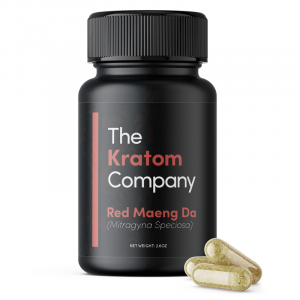 From $24.00Select options This product has multiple variants. The options may be chosen on the product page
From $24.00Select options This product has multiple variants. The options may be chosen on the product page -
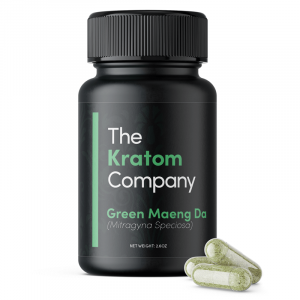 From $24.00Select options This product has multiple variants. The options may be chosen on the product page
From $24.00Select options This product has multiple variants. The options may be chosen on the product page -
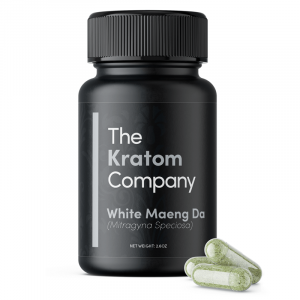 From $24.00Select options This product has multiple variants. The options may be chosen on the product page
From $24.00Select options This product has multiple variants. The options may be chosen on the product page
Explore More Posts
Product Search
Featured Products
-
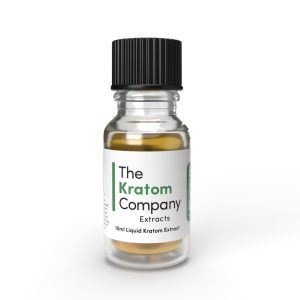 Pure Kratom Liquid Extract
Rated 4.72 out of 5From $20.00
Pure Kratom Liquid Extract
Rated 4.72 out of 5From $20.00 -
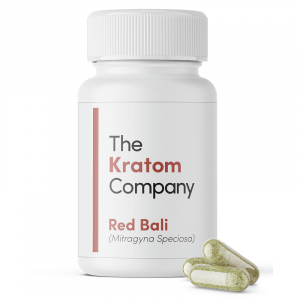 Red Vein Bali Kratom Capsules
Rated 4.70 out of 5From $24.00
Red Vein Bali Kratom Capsules
Rated 4.70 out of 5From $24.00 -
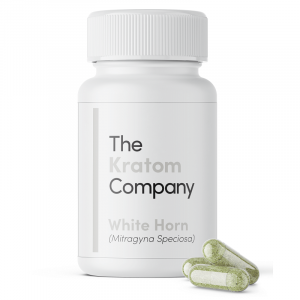 White Horn Kratom Capsules
Rated 4.88 out of 5From $24.00
White Horn Kratom Capsules
Rated 4.88 out of 5From $24.00
Follow Us
Strains
Blogs
NEWSLETTER
Sign up for our newsletter!

These statements and products presented on this website have not been evaluated by the Food and Drug Administration FDA. The products mentioned on this website are not intended to diagnose, prevent, treat or cure any diseases or health conditions. Therefore any information on this website is presented solely as the opinions of their respective authors who do not claim in any way shape or form to be medical professionals providing medical advice. The KRTM Company and its owners or employees cannot be held responsible for, and will not be liable for the inaccuracy or application of any information whatsoever herein provided. By purchasing our products you agree that you are aware and in compliance with your local county, state, or federal regulations. Must be 21 years or older to purchase Kratom. The US FDA has not approved kratom as a dietary supplement. We do not ship to the following states, cities and counties in the US where Kratom is banned: Alabama, Arkansas, Indiana, Rhode Island, Vermont, Wisconsin, Sarasota County, FL, Union County, MS, Denver, CO, San Diego, CA, and Jerseyville, IL.





